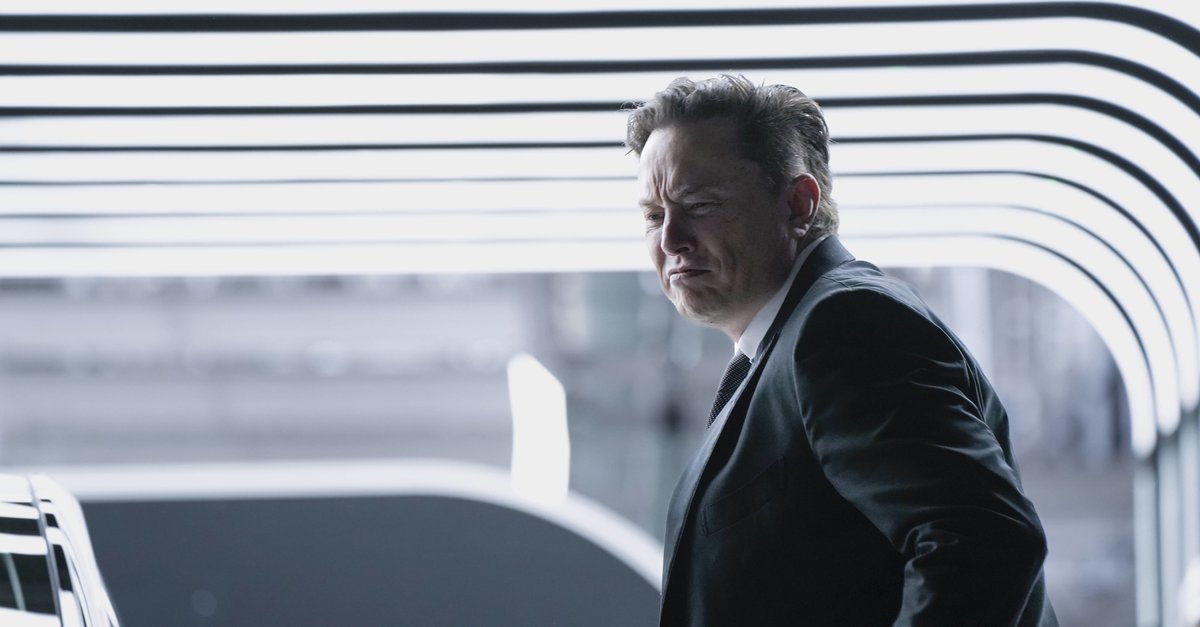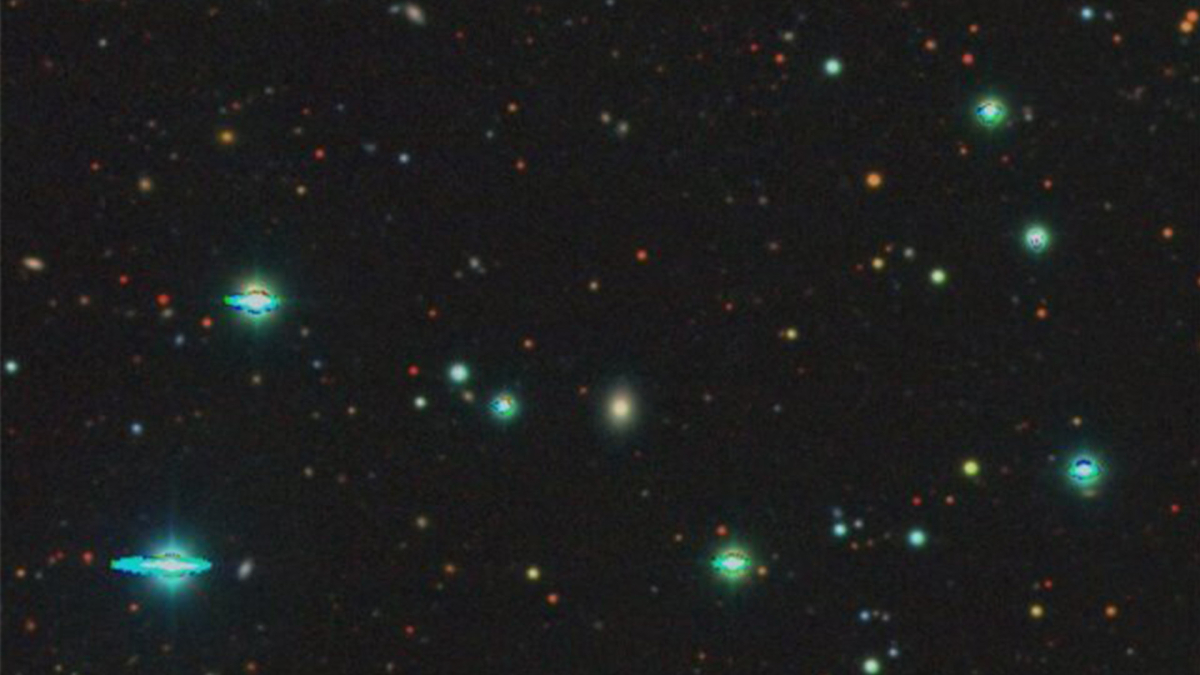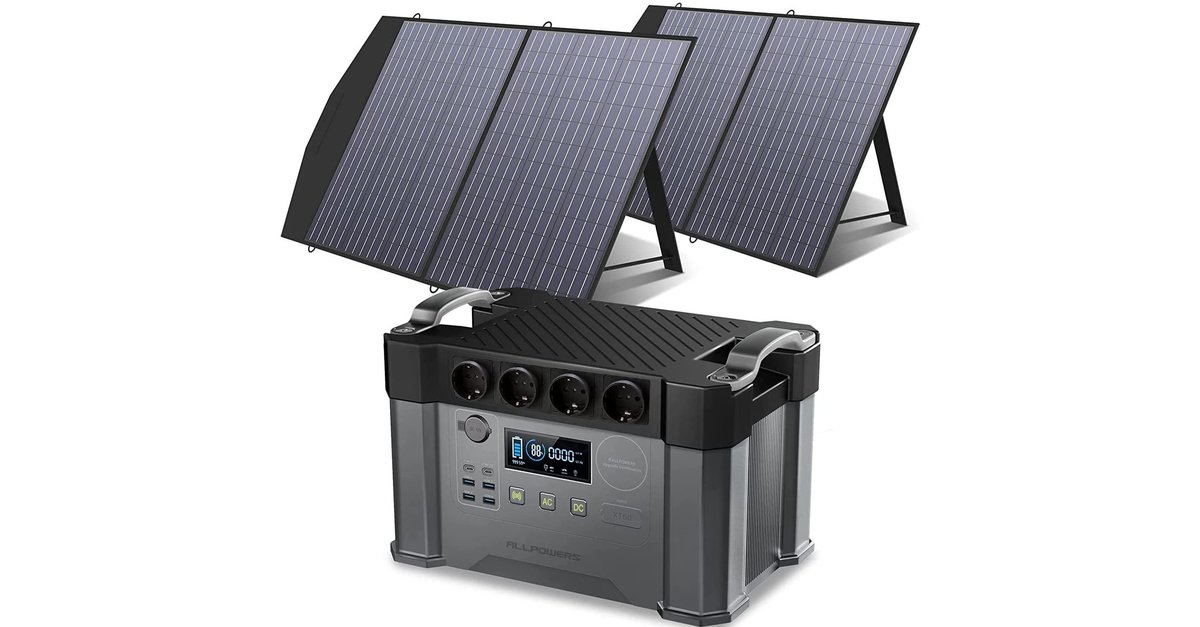VW, Daimler and Fairphone are looking for more sustainable ways
The “Responsible Lithium Partnership” of VW, Daimler, BASF and Fairphone is to develop a “common vision” for raw material extraction in the Chilean Salar de Atacama.
The Salar de Atacama salt desert in Chile is the largest lithium reservoir in the world. The mining of this raw material, which is particularly important for the production of batteries for electric cars, is already in full swing there.
Contents
E-car manufacturers need lithium and other raw materials at a rapidly increasing rate
Production is expected to triple over the next six years. Because the traffic turnaround strategies of governments around the world rely largely on battery-electric alternatives.
For years, the indigenous inhabitants of the approximately 3,000 square kilometers large salt desert – which corresponds to 3.5 times the area of Berlin – have been fighting against the increasing extraction of raw materials. Already now almost 2,000 liters of salt water per second (!) Are being pumped up from the deeper layers of the desert to be left to evaporate in large basins.
What remains after the evaporation process is a salt, from which the usable lithium has to be isolated by means of a chemical process comprising several steps.
Salt production in the Salar de Atacama. (Image: Hecke61 / Shutterstock)
Drought in the area around the Salar is increasing
The population around the Salar de Atacama has been observing falling water levels for years. In some communities arable farming is hardly possible anymore. There is a lack of fresh water. The Chilean Mining Commission also confirms that between 2000 and 2015, more than four times as much water was withdrawn from the Atacama salt desert as naturally entered the area.
Nevertheless, the lithium industry has so far taken the position that the extraction of salt water from the desert has no impact on the freshwater-dependent ecosystem of the Salar de Atacama. Although the increasing drought is not necessarily denied, it is mostly attributed to other causes, such as the copper mining, which is also taking place, tourism, agriculture or climate change.
In fact, it could also be the case that the massive pumping of salt water lowers freshwater levels at the edges of the Salar de Atacama. As the salt water level sinks in the salar, fresh water would flow in from the edges, according to the not very industry-friendly assumption.
German corporations take responsibility for their raw material supply chains
The Volkswagen Group, Daimler, BASF and the Dutch smartphone manufacturer Fairphone have now joined forces to form the “Responsible Lithium Partnership” initiative in order to determine the facts, involve all those involved in the process and develop an overall concept that Balancing the interests of industry with those of government, civil society and the environment itself. This is communicated by those involved in a press release.
The German Society for International Cooperation (GIZ) GmbH was commissioned to coordinate the procedure. It is now to create a platform that includes all relevant actors in the Salar water catchment area – especially the indigenous village communities.
The aim is a consensus-based action plan for the salar
The aim of the platform is to reach a consensus on the status quo and to jointly develop a vision for the future of the Salar de Atacama. A plan for improving the long-term management of natural resources is also to be developed. All data determined in the course of the project are to be collated and made accessible.
The “Responsible Lithium Partnership” started in spring 2021 and is planned to last two and a half years. It neither promotes the procurement of lithium nor the purchase or sale of mineral raw materials.


